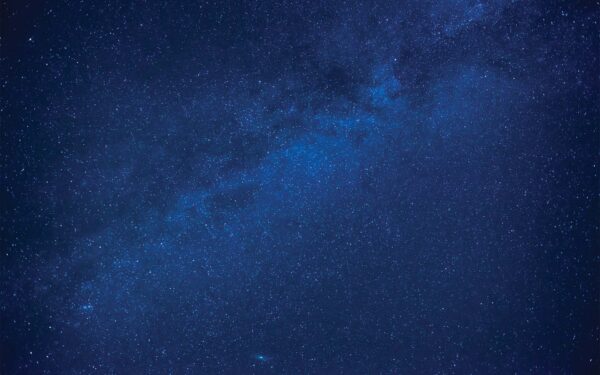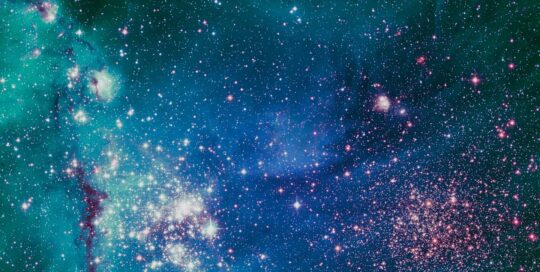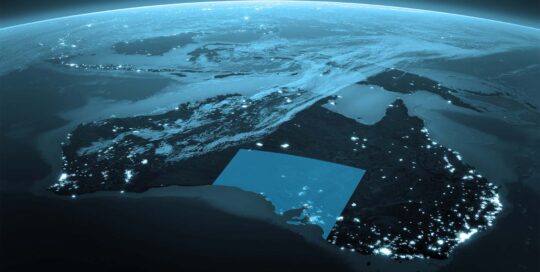Global space company LeoLabs has secured a place at South Australia’s innovation precinct Lot Fourteen, with plans to grow its Australian presence and expand its space surveillance services.
The company, which specialises in Space Domain Awareness (SDA) in low Earth orbit (LEO) through its global network of sensors, adds to the state’s growing space ecosystem, which now consists of more 100 space-related organisations and businesses.
Established in 2021, LeoLabs Australia is developing SDA capability locally.
The technology is being built by a team of highly skilled and experienced professionals with backgrounds in Australia’s defence and space industries, as well as supported by American technology and colleagues at LeoLabs in Silicon Valley.
LeoLabs Australia Managing Director, Terry van Haren, said Lot Fourteen is an important “centre-of-gravity” for the company, which is planning to expand its network of phased array space radars to grow Australia’s sovereign SDA capability further in LEO, Geosynchronous Equatorial Orbit, and beyond.
“South Australia will be key to this development and LeoLabs is proud to be part of the South Australian space enterprise. It is also where LeoLabs have most of its customers, partners, and where we can access a large number of highly qualified and experienced space operators, analysts, and engineers,” Terry said.
“Our office in Lot Fourteen is set to grow over the next two to three years as the company expands with new services and sensors. Australia holds a highly valuable strategic location for space surveillance and for LeoLabs.”
LeoLabs’ active phased array space radars are being deployed around the globe. Two S-band phased array space radars are currently being constructed at a site near Bunbury, WA, and will be operational by the end of 2022. This will be the company’s sixth space radar site, with more in the pipeline.
LeoLabs Australia delivers a sovereign SDA solution with a web-based mission system, fed with data from the company’s global network of space radars sensors, including in Australia and New Zealand.
According to Terry, around 60 per cent of all active satellites in LEO currently use LeoLabs’ services, including organisations such as SpaceX, OneWeb, Planet, and Maxar, as well as a number of allied Defence Forces.
“We have also been collaborating with other Australian sensor providers in the Sprint Advanced Concept Training events, by supplying data for tip and cuing of ground and space-based sensors to characterise space events,” he said.
“We demonstrated the strength of our global system by being first to detect, track and report the debris from Cosmos 1408 following the Russian direct ascent ASAT test in November last year.”
“Our tracking and monitoring data, collision avoidance, and launch support services are sold to commercial satellite operators and launch organisations world-wide.”





